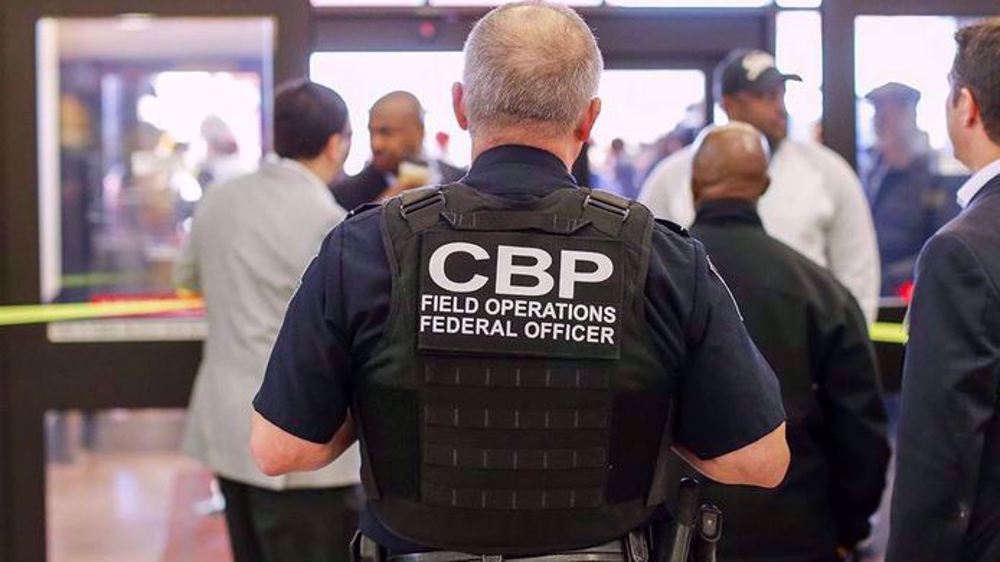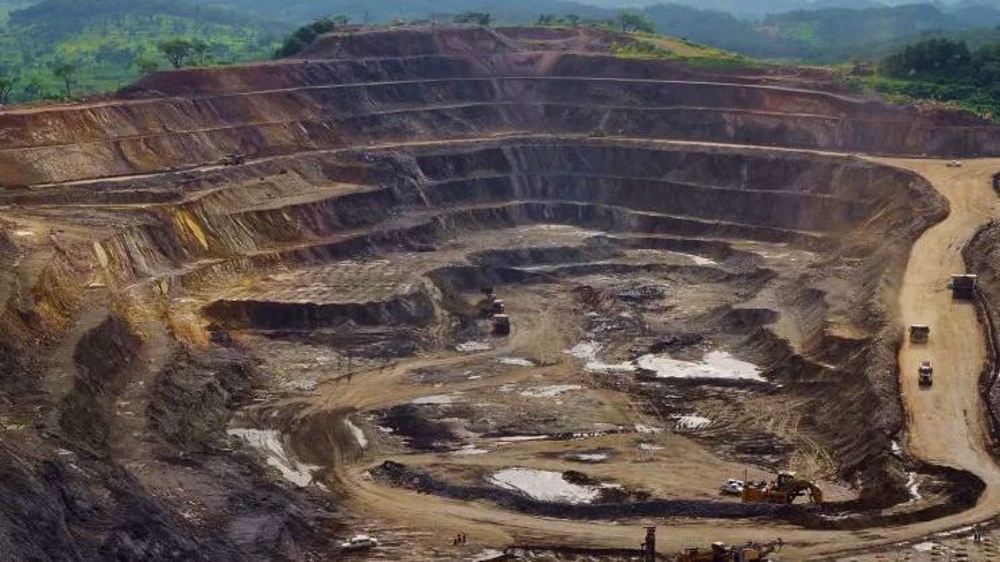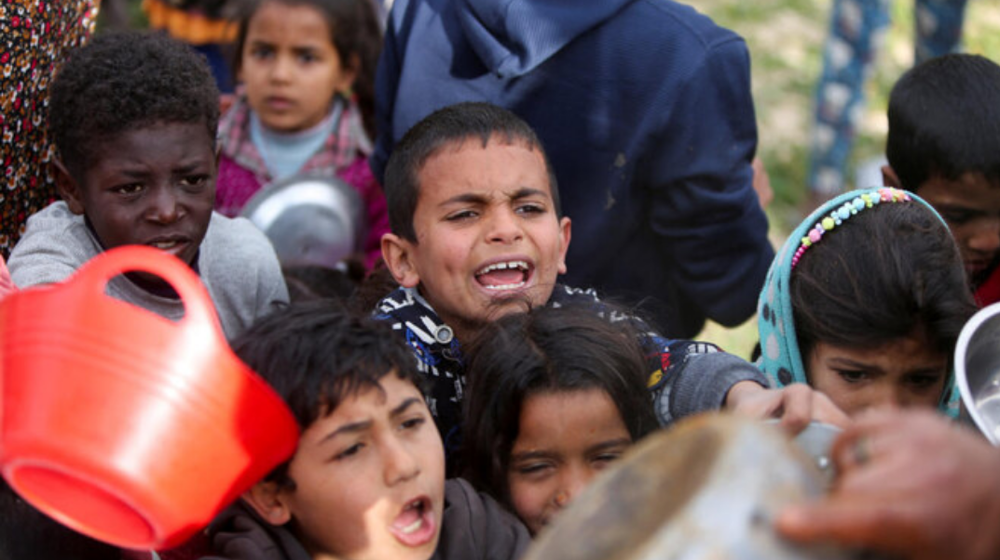Survivors: Macron gave no ‘clear apology’ over France's role in Rwanda genocide
Survivors of the 1994 Rwandan genocide say they are disappointed after President Emmanuel Macron gave no “clear apology” over France's role in the massacre of several hundred thousand of people in the African country.
Rwanda's largest genocide survivors group issued a statement Thursday after the French leader delivered a disappointing speech in the Rwandan capital Kigali earlier in the day about the genocide.
Macron did not “ask forgiveness,” said Egide Nkuranga, the president of Ibuka, an umbrella organization that connects groups aiding survivors of the genocide, adding that Macron did not even “present a clear apology” for France's role in the 1994 genocide.
In his speech, Macron said France "was not an accomplice” in the genocide. The French president gave his speech at the Kigali Genocide Memorial Center at Gisozi, where some 250,000 victims of the 1994 mass killings are buried.
Nowadays, rows of skulls can be seen lying in the center in a mass tomb and the names of the victims inscribed on a black wall.
The streets of the Rwandan capital were quiet on Thursday, with none of the banners or flags that usually accompany a high-level visit.
For nearly three decades, political tensions have been running high between Kigali with Paris over France’s complicity in the genocide, in which some 800,000 people from the ethnic Tutsi minority were massacred.
Many Rwandans have accused Paris of turning a blind eye to the horrible massacres that were taking place in the African country under France's control.
Earlier this year, Rwanda published a report that found France was aware that a genocide was in the making. According to the report, France bore responsibility for enabling the genocide by continuing firm support for Rwanda's then-president Juvenal Habyarimana.
“French officials armed, advised, trained, equipped, and protected the Rwandan government,” the report concluded, adding that the European country covered up its role for years.
The 100-day waves of massacres began after Habyarimana's plane was shot down, killing him on April 6, 1994.
Macron agreed in April to open the Rwanda archives of former president Francois Mitterrand, who was in office during the genocide.
A report by a French inquiry panel in March revealed that a colonial attitude had blinded French officials. It said the French government bore a “serious and overwhelming” responsibility for not preventing the slaughter.

US revokes all visas held by South Sudanese passport holders

US considering ‘rare earths’ deal with DR Congo: Report

South Africa slams Israel for weaponizing starvation in Gaza
VIDEO | Parisians hold rally in support of Palestinians
Nigerian security agents plan fresh attacks on followers of Sheikh Zakzaky in Abuja: Report
Bill to seize mosques in India gains presidential assent
Over 600,000 children in Gaza at risk of ‘permanent paralysis’: Ministry
VIDEO | US, Europe anti-Trump protests
Yemen accuses US of targeting civilians in Eid airstrike
VIDEO | US bombing campaign fails to deter Yemen
Hamas calls for mass participation in general strike in West Bank







 This makes it easy to access the Press TV website
This makes it easy to access the Press TV website